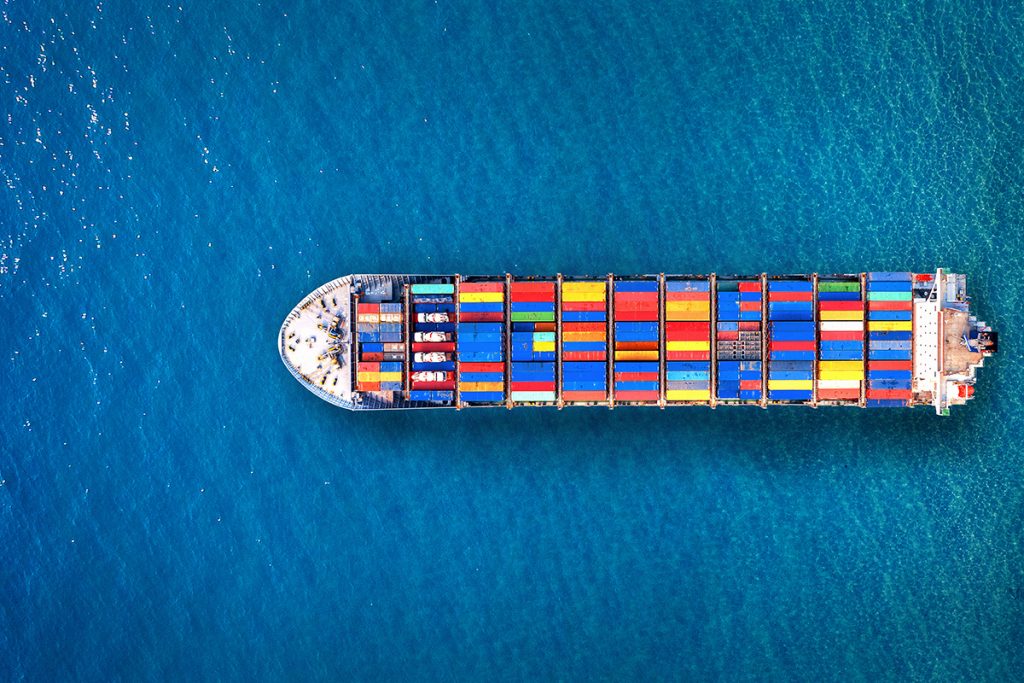China is set to impose significant export restrictions on antimony and its related products, a move that has sent ripples through global markets. As the world’s largest supplier, China was responsible for 48% of global antimony production in 2023. This critical metal is widely used in military applications such as ammunition, infrared missiles, night vision technology, and also plays a vital role in batteries and photovoltaic systems. The new export limits, effective September 15, are being implemented under the banner of national security, according to the Chinese Commerce Ministry.
The restrictions will cover six categories of antimony-related products, including antimony ore, antimony metals, and antimony oxide. Additionally, China has banned the export of gold-antimony smelting and separation technology without explicit government permission. Exporters of these products will now need to apply for licenses, especially for dual-use items and technologies that could have both military and civilian applications.
China’s decision is part of a broader strategy to safeguard its national interests and fulfill international obligations, including non-proliferation. Although the restrictions are not targeted at any specific country or region, they are expected to have far-reaching consequences, particularly for the United States and European countries, which rely heavily on China’s supply of critical minerals like antimony.
In response, the United States and other countries have been scrambling to reduce their dependence on China for these vital materials. Efforts have been ramped up to bolster domestic production of critical minerals, including rare earth elements. However, these initiatives face significant challenges as China’s dominant position in the global supply chain remains difficult to dislodge.
One company directly impacted by China’s new policy is Perpetua Resources, which is developing a U.S. antimony and gold project with backing from the Pentagon and the U.S. Export-Import Bank. The company, originally planning to start production by 2028, is now exploring ways to accelerate the timeline due to the tightening global supply of antimony. The U.S. Department of Defense is reportedly aware of the critical importance of securing a stable supply of antimony, given the increasing demand and shrinking availability.
China’s latest move follows a series of similar restrictions introduced over the past year. In December, Beijing banned the export of technology to produce rare earth magnets, adding to existing bans on the export of technologies to extract and separate critical materials. More recently, China has tightened controls on the export of some graphite products, as well as gallium and germanium products, both of which are crucial for the semiconductor industry.
The market has already reacted to these developments, with antimony prices reaching record highs this year due to constrained supply and growing demand, particularly from the photovoltaic sector where antimony is used to enhance the performance of solar cells. This surge in prices has benefited Chinese producers, with companies like Hunan Gold, Tibet Huayu Mining, and Guangxi Huaxi Non-Ferrous seeing their share prices rise by between 66% and 93% in 2024 alone.
While China remains the largest supplier of refined antimony, it is also a net importer of antimony concentrates, relying on imports from countries such as Thailand, Myanmar, and Russia. However, imports from Russia have seen a sharp decline this year, exacerbating the tight supply situation. The ongoing scarcity of antimony concentrate feedstock continues to be a critical challenge for the global market, underscoring the impact of China’s strategic export restrictions on this essential metal.
These new restrictions mark a significant shift in the global supply chain of antimony and related critical minerals, with potential long-term effects on global markets, military industries, and technological advancements.


